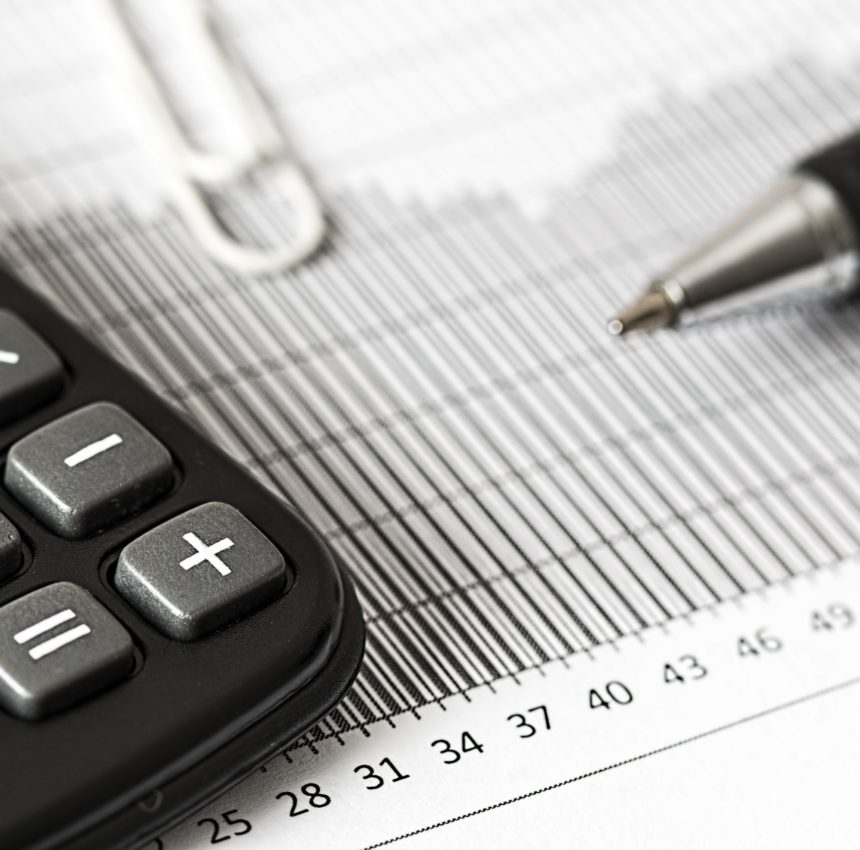Are you thinking about purchasing a property in France? Or perhaps you’ve already made the decision and you want to buy in Parc du Cap. Excellent choice! Buying a home abroad is exciting, but sometimes the processes and paperwork can seem a bit overwhelming.
At Caudwell, we’re here to help guide you every step of the way. Above all, our team is ready to answer any queries about the buying process in France. Firstly, what should you consider before buying a French property? Secondly, what are the steps to purchasing? And finally, what happens once you’re an owner?
Our in-house Legal Counsel, Franck Jurquet, gives a quick overview of how to buy a property in France.
Things to consider when buying a French residence
First of all, I think it is reassuring to know that France is a very secure country. The legal process is straight-forward and the land registration system is secure. Most importantly, the law is very protective of the buyer. For example, once you’ve made an offer, there is a 10-day cooling off period. During this time, even if you’ve signed a preliminary agreement, you can withdraw from the sale with no penalties.
As with buying a property anywhere, it makes sense to assess your financial situation before making an offer. If you’re looking to raise a mortgage then you should always get independent advice. In France, tax to factor into your financials include wealth tax and two annual taxes, dwelling and land. In addition, there are VAT and registration duties, notary fees and the land registrar’s fee. We’ll dive into these a little later on.
One additional point to consider before you get started. If you are unmarried, and are buying with a friend, maybe you could consider buying through a property company. Called a Société Civile Immobilière (SCI), there are tax advantages to buying through this structure. Our notary will be happy to advise you on this.
The property purchasing process
All property purchases in France have to go through a notary. The notary acts as a safeguard to guarantee the legitimacy of the sale. In other words, the notary ensures the seller has a valid title for the property they’re selling. They also act for the buyer to verify the surveys required prior to the purchase, certifying the measurements and dimensions. In addition, there is a mandatory survey of electricity and gas installation. Caudwell is happy to recommend a trusted notary if you need an introduction.
Once you have instructed a notary, the next step is to make an offer in writing and pay a deposit (usually around 10%). This secures the property and takes it off the market. After that, a preliminary agreement is drawn up while your notary conducts the necessary general checks. This step will involves an obligatory check of the your identity, called a ‘Know Your Customer’ procedure.
The signing of the preliminary agreement is followed by the mandatory 10-day cooling off period. A few final checks are then made to ensure ‘conditions precedent’ – conditions of the sale – are met. (What this means is that if there are any problems obtaining a mortgage, for example, you’re not bound to go through with the sale. Your deposit will also be returned.) All being well, the deed of sale will then transfer the property to the buyer – and the home is yours!
French taxes explained
The Caudwell team is here to help guide you through the process so it’s as effortless as possible. But if you’d like to familiarise yourself with some of the taxes that apply to property ownership in France, here is a useful list.
Value added tax (VAT) and registration duties: Registration duties and VAT apply to the acquisition of any new build property in France (meaning properties completed less than five years ago). Obviously, this charge applies to Parc du Cap and it is applied regardless of the tax residency of the buyer. The VAT rate is 20% of the purchase price. Registration duties of 0.715% are also payable on the purchase price of new build property.
Land registrar’s fee: French property also attracts a land registrar’s fee (contribution de sécurité immobilière). This amounts to 0.1% of the purchase price and 0.05% of the value of the mortgage.
Notary fees and expenses: if you are making a direct investment in a a French property, you must use aFrench notary. Notary fees are circa. 0.824% (plus French VAT) of the purchase price for a new build property
The dwelling tax: The dwelling tax (taxe d’habitation) is one of two annual local taxes associated with ownership of residential French properties. It is payable by both French and non-French residents.
The land tax: The second annual local tax is the land tax (taxe foncière) and it must be paid by anyone who owns a French property. The amount payable for both the dwelling and land taxes is calculated by the local authority based on the property’s notional rental value. These rates are fixed on a yearly basis by the local authorities.
Wealth tax: Non-French resident individuals who own a property in France are subject to the French annual wealth tax (impôt sur la fortune immobilière). This tax is payable if the global net value of your French real estate assets exceeds €1,300,000 as of 1 January in each relevant year. The wealth tax rates range from 0% to 1.5%. It is levied either on the value of the property, or if the property is held in a property investment company, on the fair market value of those shares.
On a final note, Franck recommends that you should always seek professional tax advice in advance of any property purchase. Your personal, financial and residency status may influence how French property taxes are applied, so make sure you are informed!
About Franck Jurquet
Franck Jurquet is Caudwell’s in-house Legal Counsel. A lawyer for 15 years, Franck has worked for Caudwell in the South of France for 6 years. He previously worked for the Anglo-American law firm Hogan Lovells in Paris, handling real estate mergers and acquisitions. In charge of all legal aspects at Caudwell, Franck is available to answer any questions from buyers and residents.
Back to Articles




